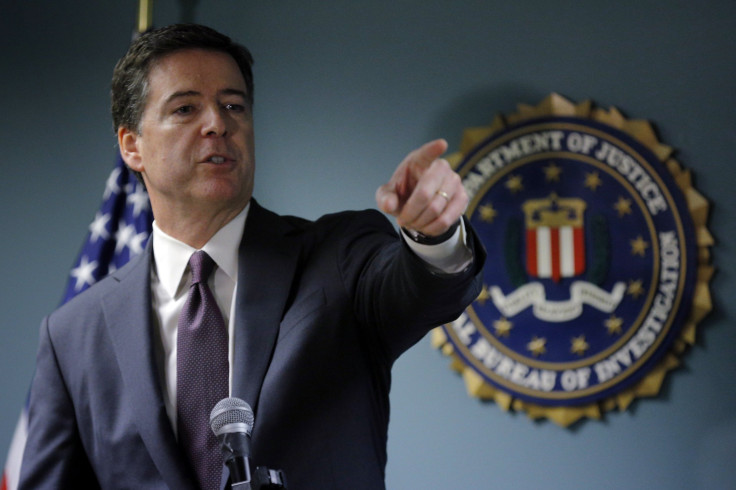Encrypted Communication Endorsed By Ex-National Security Bosses In Surprise Editorial

Three former members of the U.S. national security establishment have called for the use of encrypted digital communications, a stance that puts them at odds with President Obama and the current administration. They're encryption endorsement, which came in the form of a Washington Post editorial, comes amid a year-long standoff between the FBI and the technology industry over a possible law that would effectively force Silicon Valley to insert surveillance capabilities into consumer products.
Encryption is the process of mathematically encoding communications so that only a message's sender and recipient can view it.
“History teaches that the fear that ubiquitous encryption will cause our security to go dark is overblown,” wrote former National Security Agency Director Mike McConnell, former Department of Homeland Security Secretary Michael Chertoff and former Deputy Defense Secretary William Lynn in the Washington Post editorial column Wednesday. “The greater public good is a secure communications infrastructure protected by ubiquitous encryption at the device, server and enterprise level without building in means for government monitoring.”
Last year Apple and Google introduced new software in their latest phones that prevent the companies from un-encrypting user's phones, even with a court order. FBI Director James Comey responded by warning that such tactics, which come after years of frustration with widespread NSA surveillance, will enable criminals. Yet Facebook, WhatsApp and other companies have followed Apple's lead, with a small community of encryption companies attracting customers around the world.
Wednesday's editorial is the first time prominent former national security officials publicly stated their disagreement with the current administration on this issue. They warned that, if the U.S. forces American companies to provide a surveillance backdoor, China will do the same.
“We recognize the importance our officials attach to being able to decrypt a coded communication,” the editorial said. “But the issue that has not been addressed is the competing priorities that support the companies' resistance to building in a back door or duplicated key for decryption.”
© Copyright IBTimes 2024. All rights reserved.





















